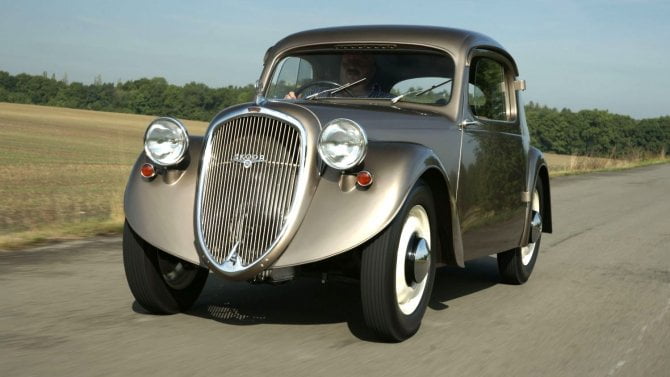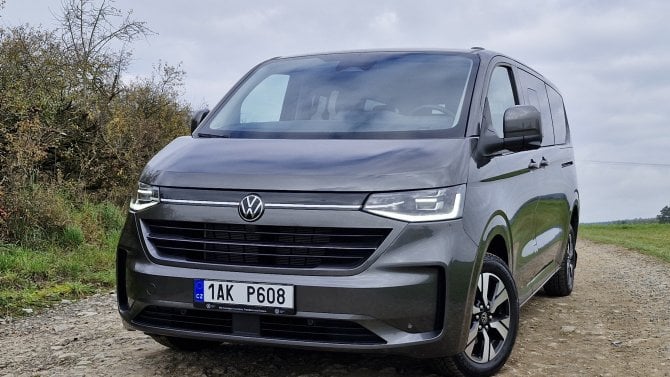...
By Adam Jasser and Gabriela Baczynska
WARSAW, June 20 (Reuters) - Poland signalled on Wednesday it could accept a European Union voting system it has battled against for months, provided it receives a stronger say in the 27-nation bloc's deliberations.
In a major concession on the eve of a crucial EU summit in Brussels, Prime Minister Jaroslaw Kaczynski told Reuters in an interview: "We realise that we cannot stop the process (of reform) -- that would be too risky for the future.
"We just want this to be done in the best possible way for the EU and Poland," he said.
German Chancellor Angela Merkel will chair the summit on Thursday and Friday, seeking a mandate for negotiations on a treaty to reform creaking EU institutions and replace the constitution rejected by French and Dutch voters in 2005.
Kaczynski rated chances of a summit deal at 50-50; but prospects were boosted by his readiness to accept compensation rather than insist a 'double majority' voting system be scrapped.
Poland contends that the voting reform gives big states, especially Germany, too much power at Warsaw's expense, reviving historical fears of domination by its powerful neighbour.
Kaczynski said he had received informal offers of a delay of several years in implementing the new decision-making system. That was a step in the right direction but not yet sufficient.
"The goal is either to change the voting system as a whole, which is what we prefer, or this goal needs to be attained through other means," he said.
EU diplomats said that in addition to a delay, Poland might win a clause enabling states just short of a blocking minority to force further deliberation before the EU takes a decision.
Kaczynski said Warsaw would be keen for other trade-offs, such as some opt-outs from a Charter of Fundamental Rights, which the reform treaty would make legally binding.
"We can accept the charter but we would like to be sure that it would not affect Poland's family-related legislation," he said. "I believe there will be no problem with that."
POLAND SOFTENS, UK HARDENS
Under the double majority system, decisions must be backed by 55 percent of member states representing 65 percent of the EU population to pass. Poland has proposed an alternative based on giving countries weighted votes based on the square root of each state's population, but only the Czech Republic backed it.
A draft negotiating mandate circulated by Germany on Tuesday and obtained by Reuters showed the presidency had for the first time officially acknowledged that two delegations had problems with the voting system and wanted to raise it at the summit.
But the document said the double majority system would be in the treaty and appeared to rule out discussing any alternative.
Poland softened its tone just as Britain was angering EU allies by trying to gut the treaty's foreign policy provisions.
But a senior German official, briefing reporters in Berlin before Kacyznski's latest comments, said Poland had shown no signs of easing its position in substance.
European Commission President Jose Manuel Barroso warned the Poles on Tuesday they risked losing money and support if they blocked a deal to reform the EU's institutions.
Speaking for the 18 member states who have ratified the constitution, Luxembourg Prime Minister Jean-Claude Juncker vowed not to let sceptics gut the treaty of its substance.
"I am very disturbed that the views of those who signed the treaty but did not ratify it are getting more attention than the perspectives of those who did ratify it," he told the German daily Die Welt in an interview to be published on Thursday.
Diplomats said Britain made a last-minute push to shrink the role, powers and staff of a future EU foreign minister.
A diplomat present at a meeting of personal representatives of EU leaders on Tuesday said Britain demanded a proposed EU foreign minister, whose job title would be downgraded, should not chair monthly meetings of member states' foreign ministers.
It also insisted a planned EU foreign service be entirely inter-governmental and not include the 3,500-strong external services of the European Commission, the EU's executive body.
Nor would the EU foreign minister be allowed to speak on behalf of the bloc at the United Nations, except with the permission of U.N. Security Council members, such as Britain.
(additional reporting by Noah Barkin and Dave Graham in Berlin, Marcin Grajewski and Ingrid Melander in Brussels, and Adrian Croft in London)
Keywords: EU TREATY/




 Tohle měla být Škoda pro chudé. Sagitta představovala zajímavý nápad, ale do série se nedostala
Tohle měla být Škoda pro chudé. Sagitta představovala zajímavý nápad, ale do série se nedostala
 Na Slovensku nově může člověk dostat pokutu za rychlost, pokud poběží na autobus. Po chodníku se teď musí chodit a jezdit nanejvýš 6 km/h
Na Slovensku nově může člověk dostat pokutu za rychlost, pokud poběží na autobus. Po chodníku se teď musí chodit a jezdit nanejvýš 6 km/h
 Test Volkswagen Caravelle Long 2.0 TDI 4Motion: Mikrobus do nepohody
Test Volkswagen Caravelle Long 2.0 TDI 4Motion: Mikrobus do nepohody
 Malý náklaďáček mnoha jmen: Škoda/Aero/Praga (A) 150 byla nedoceněným československým dříčem
Malý náklaďáček mnoha jmen: Škoda/Aero/Praga (A) 150 byla nedoceněným československým dříčem
 Řidička uvízla na železničním přejezdu, rychlík ji minul jen o kousek
Řidička uvízla na železničním přejezdu, rychlík ji minul jen o kousek
